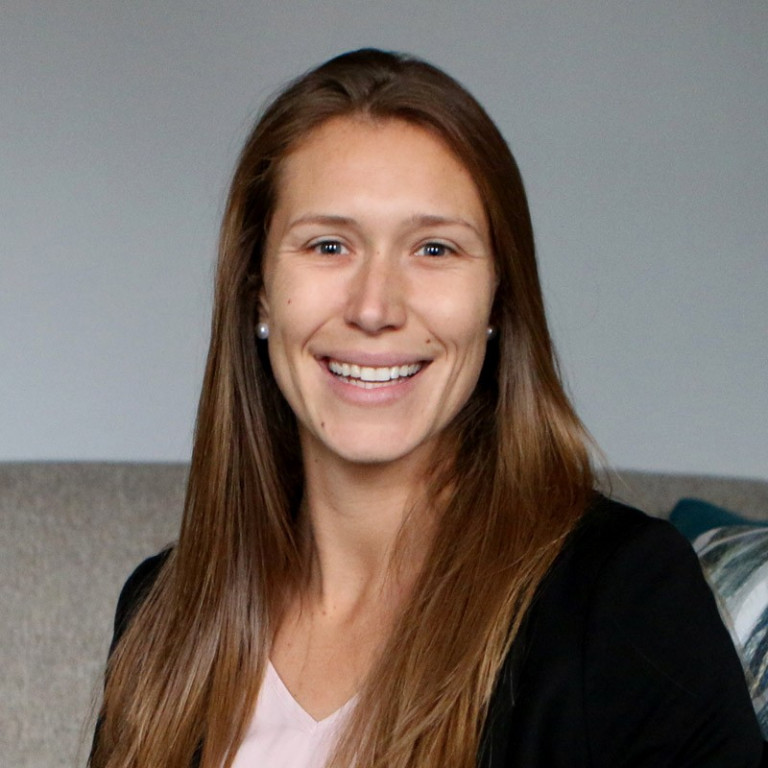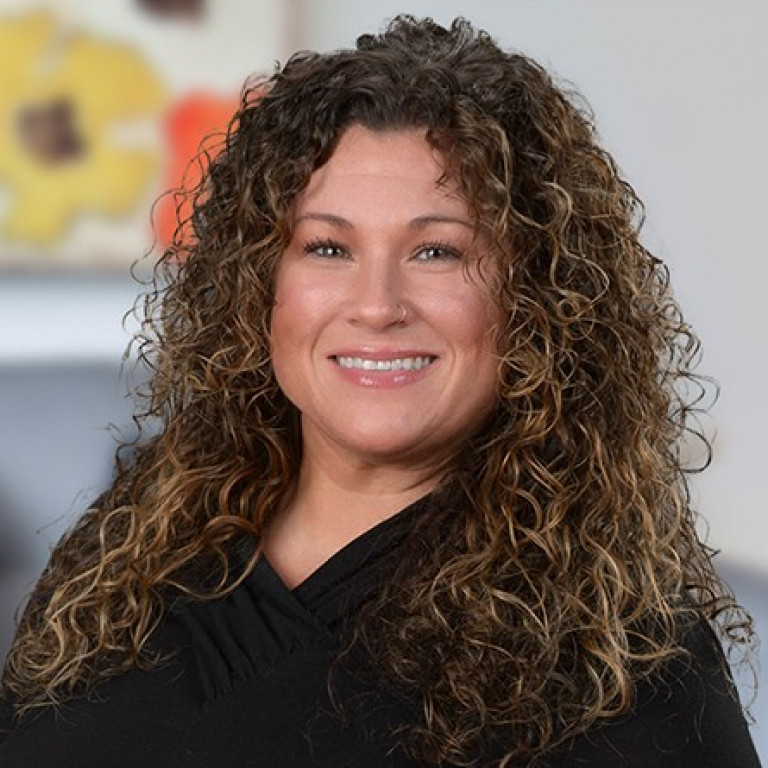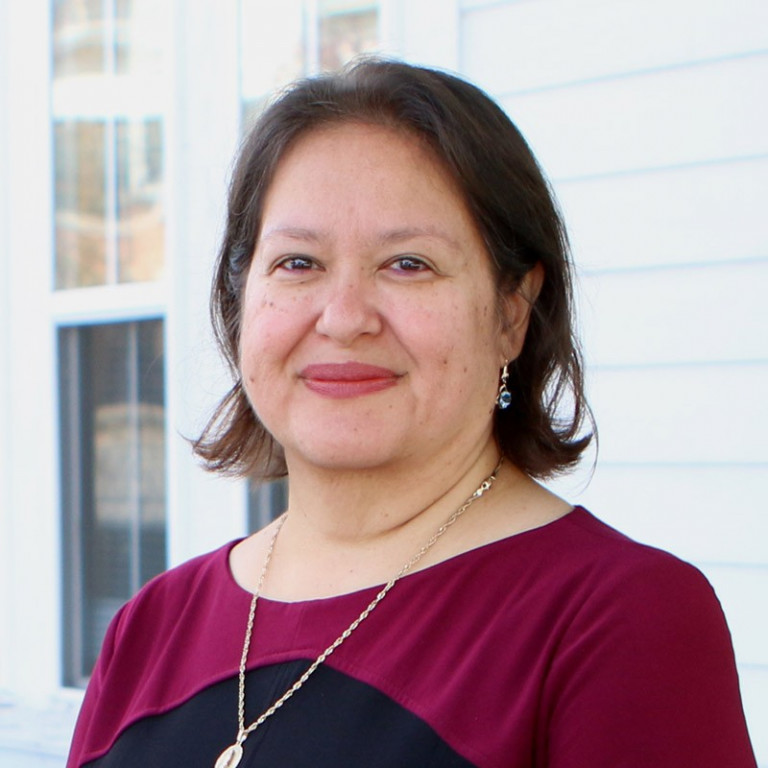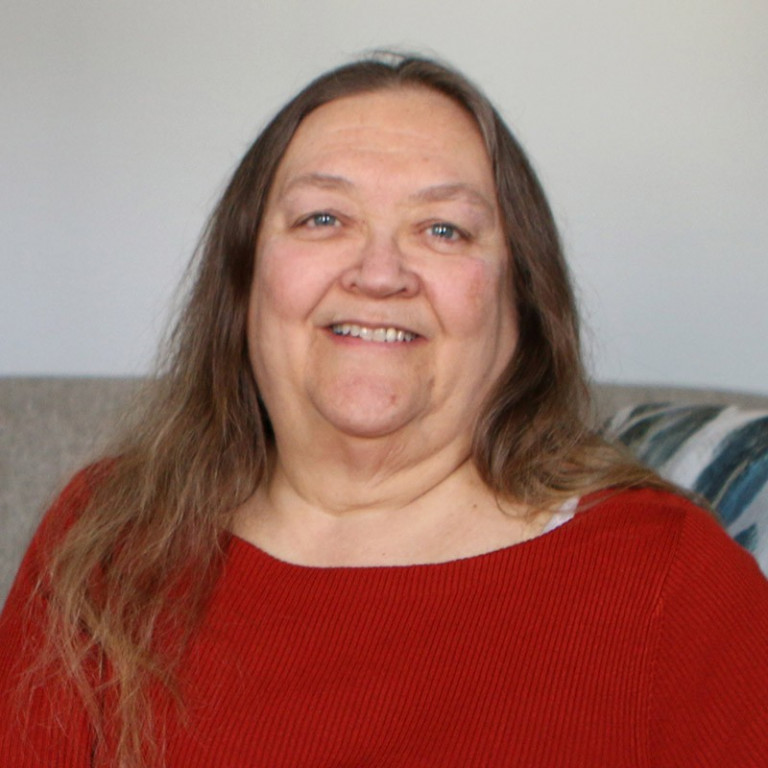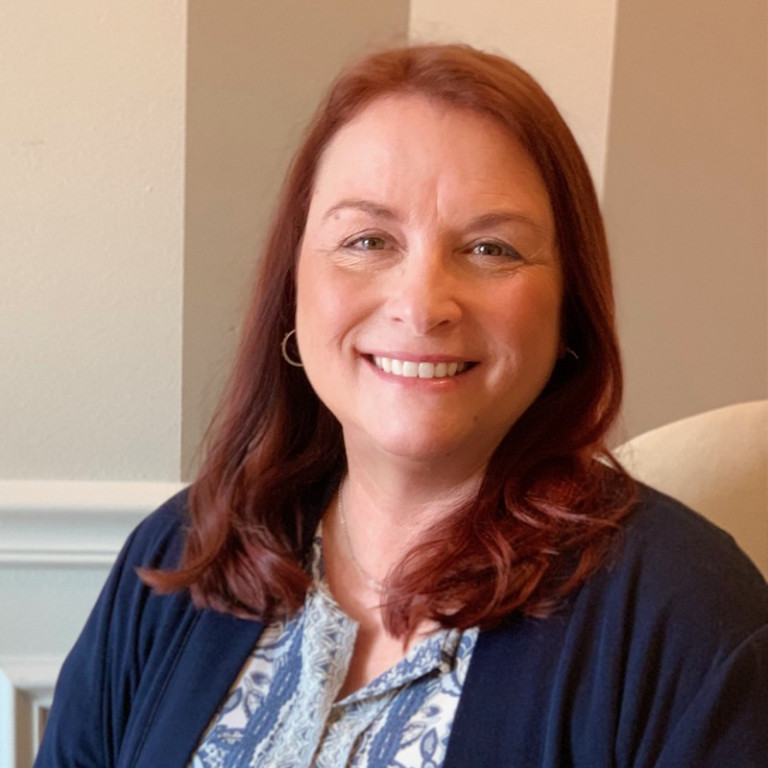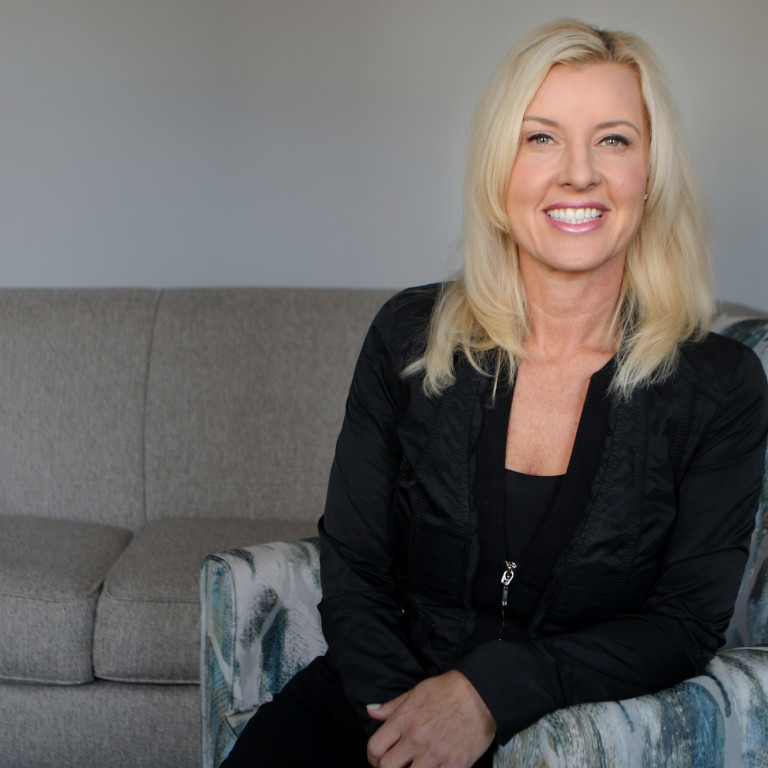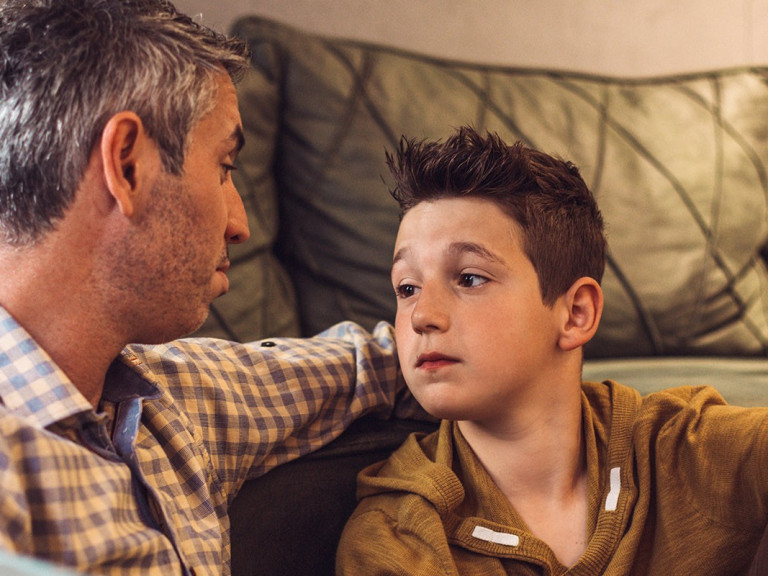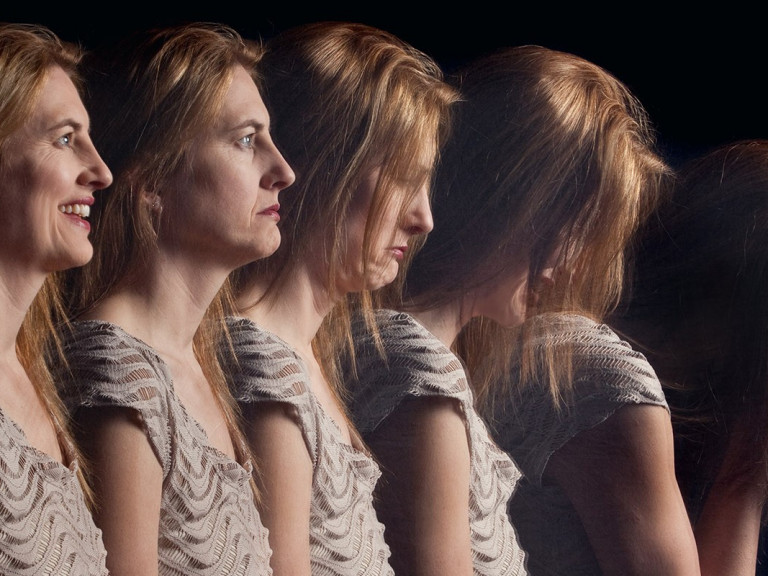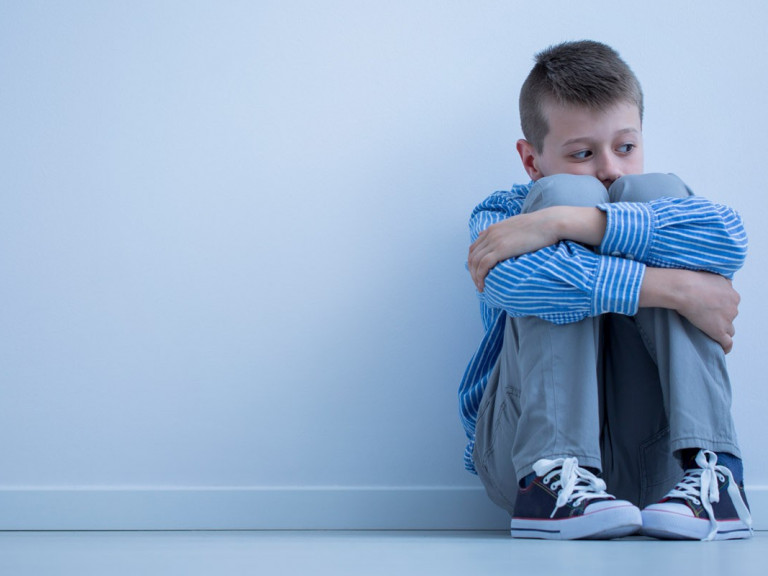Recognizing and Coping with Sadness, Grief, and Depression
Sadness, grief, and depression can come on suddenly or build up over a period of time. These feelings are experienced by many people in many different situations throughout their lives.
Difficult changes that we may face, like the ending of a relationship, loss of a job, divorce, death of a spouse, or medical problems can lead to grief and depression. Other forms of depression can occur suddenly and seemingly without cause. We may find ourselves experiencing feelings of hopelessness, detachment, sorrow, and tearfulness, without being able to pinpoint an exact reason why.
It’s important to recognize that these feelings are common and very normal. You don’t need to suffer through them alone. You deserve to enjoy your life and find happiness again. At Goodman Psychology Associates, we treat sadness, grief, and depression in many different forms. If you or a loved one requires help, please reach out. We are here for you.
Do I Have Depression? Understanding Depression without Sadness
Loss is painful—whether it’s a loss of independence, mobility, health, your long-time career, or someone you love. Grieving over these losses is normal, even if the feelings of sadness last for weeks or months. Losing all hope and joy, however, is not normal; it is depression.
Although a grieving person may experience a number of depressive symptoms such as frequent crying and profound sadness, grief is a natural and healthy response to bereavement and other major losses. There is a difference, however, between a normal grief reaction and one that is disabling or unrelenting. While there’s no set timetable for grieving, if it doesn’t let up over time or extinguishes all signs of joy — laughing at a good joke, brightening in response to a hug, appreciating a beautiful sunset — it may be depression.
Symptoms of depression include:
Keep in mind that you may not suffer all these symptoms if you’re experiencing depression. Similarly, even if you can attribute these feelings to a specific cause (such as a loss), it’s still important to seek help during this challenging time. A trained counselor or therapist can help you regain control over your emotions and find the strength you need to move forward.
Understanding Treatment for Sadness, Grief, and Depression
Feeling sadness and grief after a loss or a major life change is appropriate, normal, and expected. The human range of emotions includes sadness and hurt, and there’s nothing wrong with crying or becoming emotional when you’re going through a tough time.
Grief, especially after the loss of a loved one, an illness, or a traumatic experience can feel shocking and strong. It may last for a long time and interfere with your daily life. While grief and sorrow are normal and expected during a loss, it may still help you to speak with a professional as you process and manage these complex feelings.
Whether you understand the cause of your grief and depression or are having a hard time putting your finger on the source, a professional counselor can help. The best treatment plan for depression includes CBT-based (Cognitive Behavioral-based or “talk”) therapies.
Should you decide to reach out for an appointment, one of our intake specialists will listen to your concerns and ask you a few questions to help you find the best practitioner for your particular situation. They may ask you some general questions over the phone, like a brief explanation of the nature of your concerns, your age, and what type of service you’re looking for.
Once you’re paired with a counselor, you’ll visit for an initial assessment. For children, the practitioner will often speak with the parent to get a history and fully understand the problem. In an initial appointment, your practitioner may ask about your family history, relationships, and causes of stress. You can rest assured that your time with your therapist is confidential and you can openly share your feelings in a safe, nurturing environment without judgment. We’re here to help you understand what you’re experiencing, so you can find relief and get on a path to wellness.
Even if you aren’t sure that what you’re facing is Major Depressive Disorder or a related diagnosis, talking to a therapist can be immensely helpful in getting you back to a place where you can move forward with your life. Should you discover that your feelings of sadness, depression, and grief are related to another issue like OCD, anxiety, or ADD, our practitioners can help you find the right care plan for your unique situation.
Learn more about Sadness, Grief, and Depression:
Please explore the resources below to learn more about sadness, grief, and depression. If you’re feeling hopeless, we’re here to help you get back to feeling more like yourself.
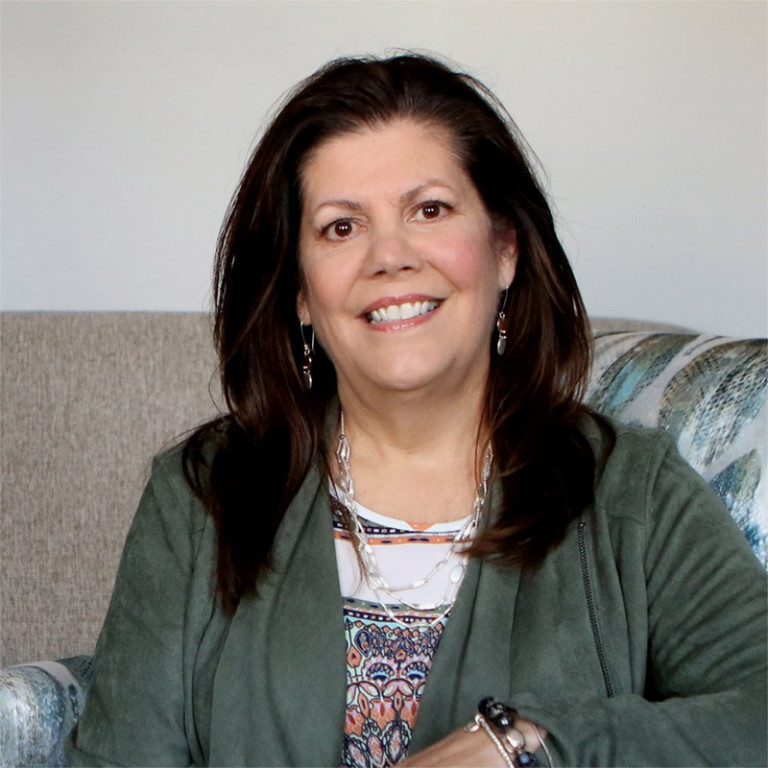






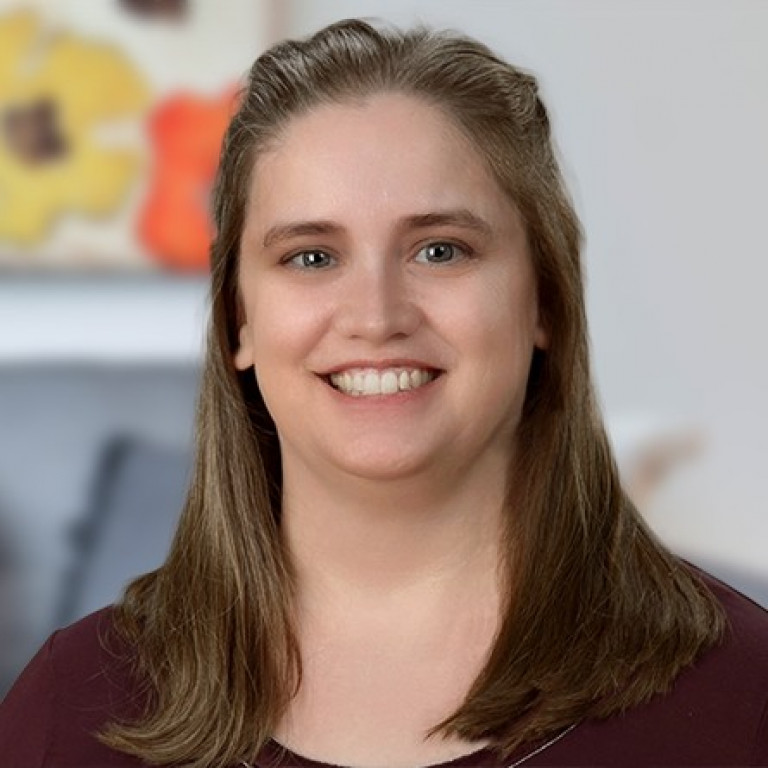

![Danca_Gina_2[42]](https://goodmanpsych.com/wp-content/uploads/freshizer/e00607ea6c3f8baac1c3ed5d3a488d6f_Danca_Gina_242-768-768-c-90.jpg)
